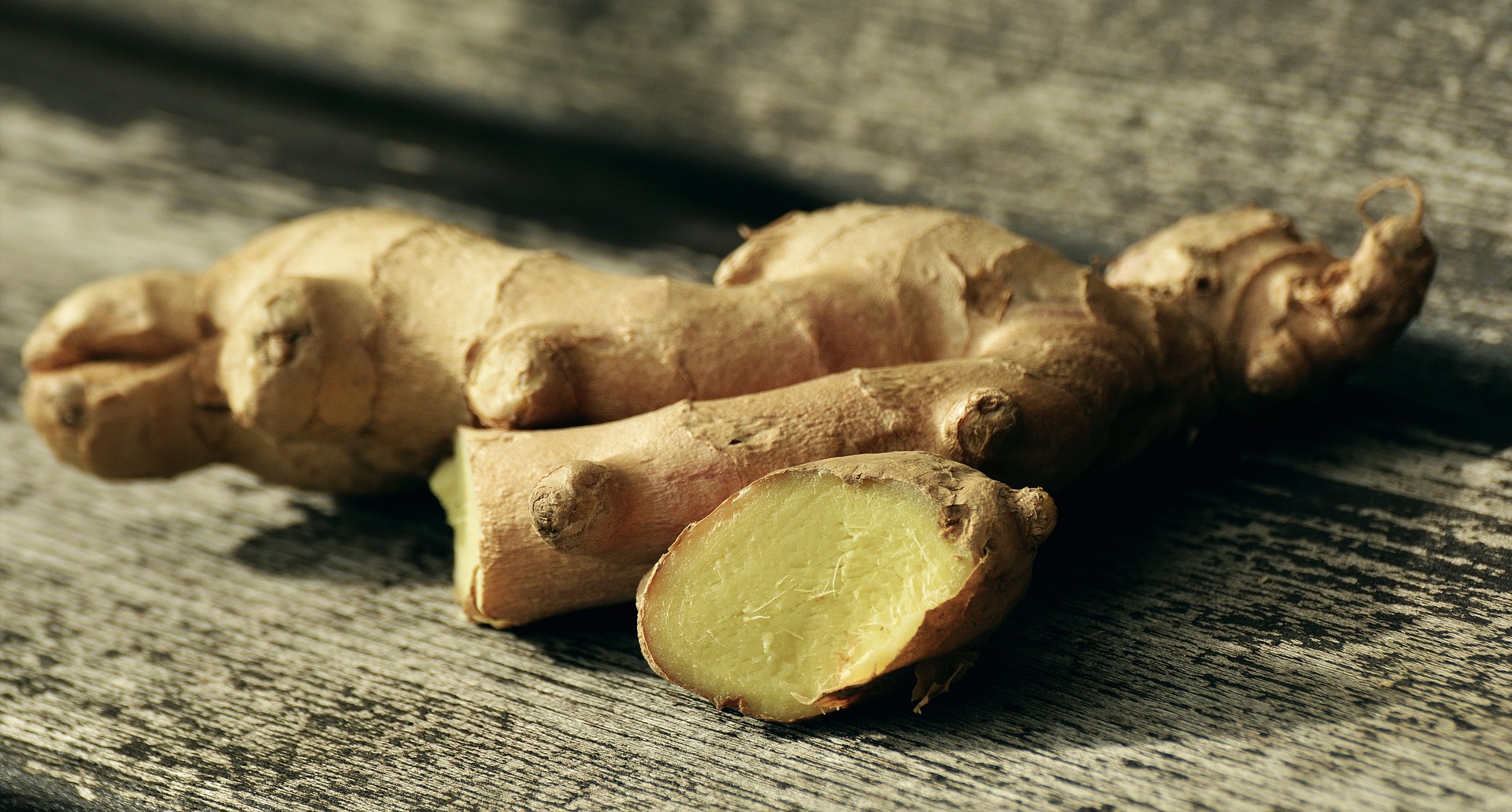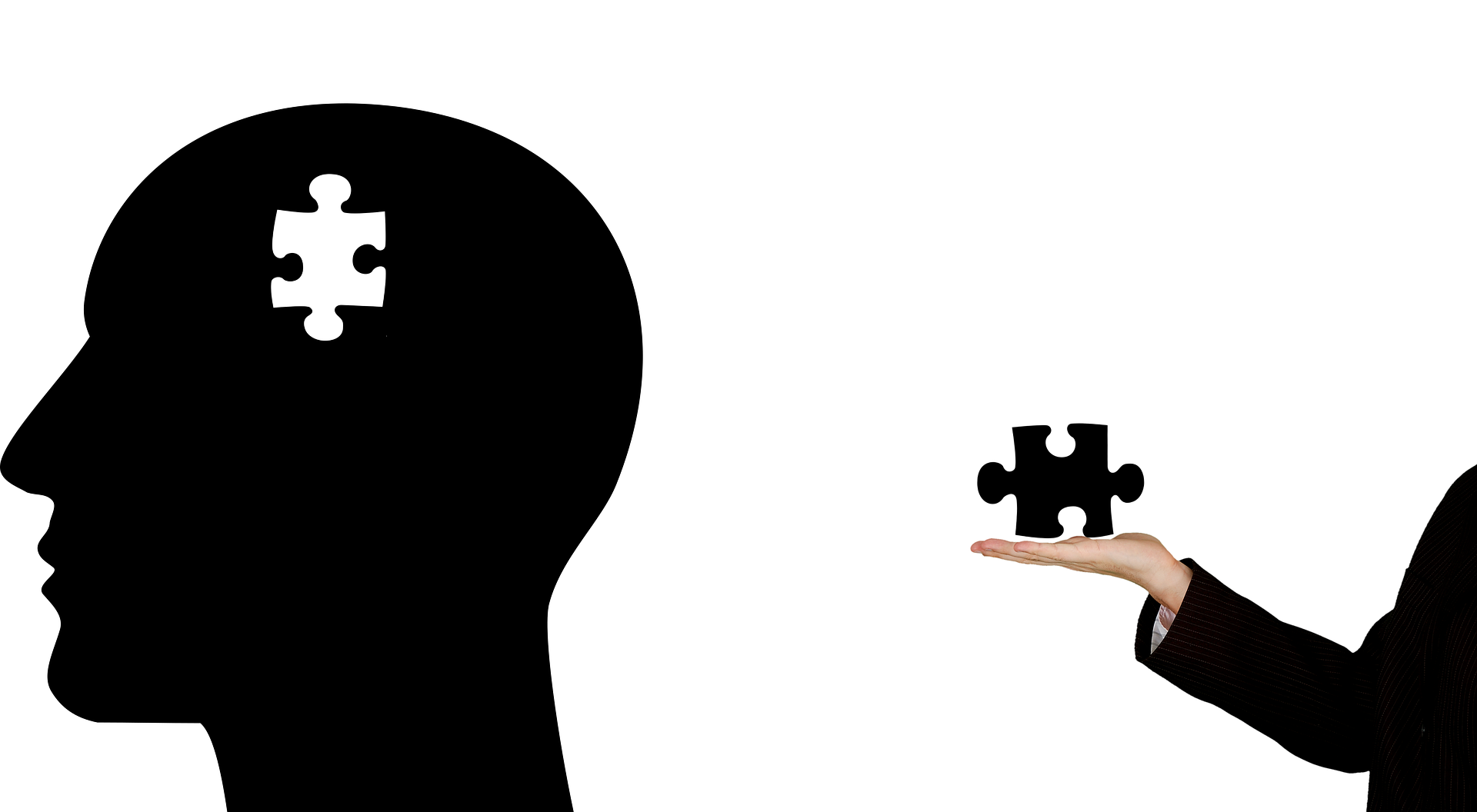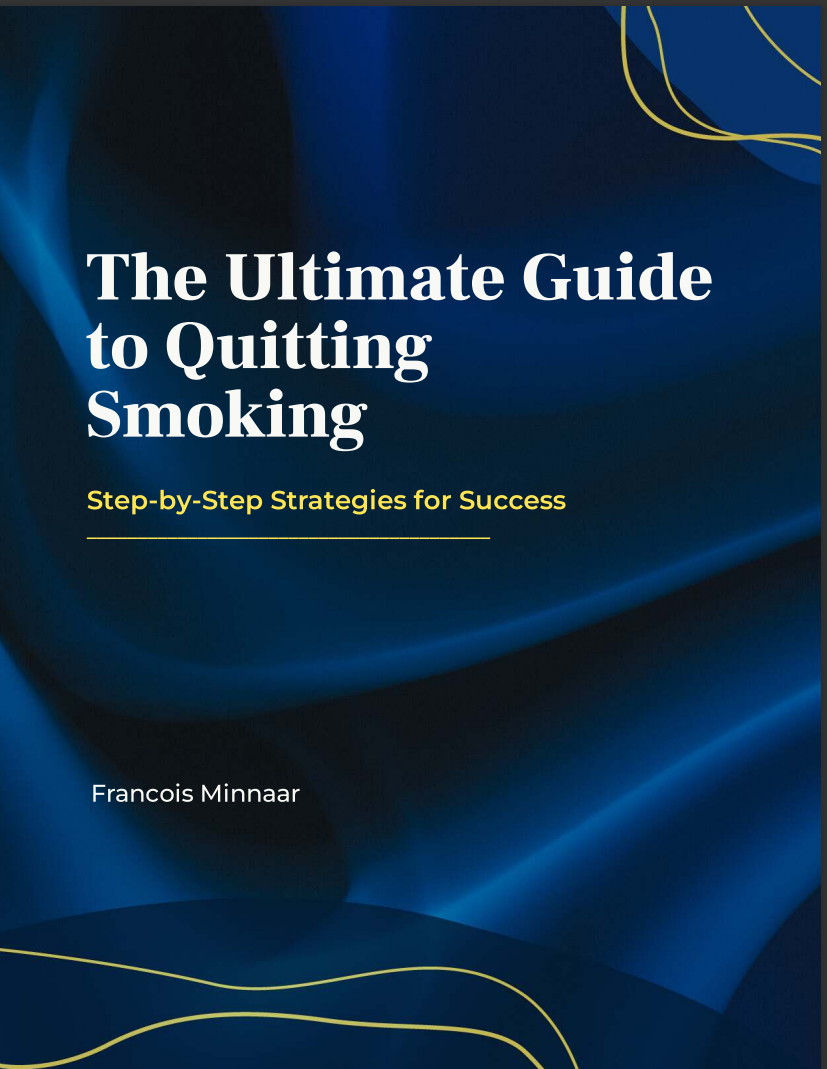Our blog
Vitamin D is Your Immune System’s Best Friend
You know how I’m always talking about supplements and how they help keep me going, right? Well, there’s one vitamin I feel like we don’t talk about enough—Vitamin D! It’s not just good for bones and teeth, it’s also a major player in keeping our immune system strong and healthy. Let me break it down for you.
What Is Vitamin D, Anyway?
Vitamin D is often called the "sunshine vitamin" because our bodies produce it when we’re exposed to sunlight. It’s unique that way. But here’s the thing: a lot of us don’t get enough sun. Whether it's because we’re indoors too much (hello, Netflix!) or we live in places where the sun isn’t as strong during certain times of the year, many people are Vitamin D deficient and don’t even know it.
And guess what? Low Vitamin D levels can mess with your immune system, making you more vulnerable to infections, colds, and even serious diseases.
How Does Vitamin D Help Our Immune System?
Okay, so picture your immune system as a massive army, and Vitamin D is like the general, helping direct the troops (your immune cells) on how to fight off invaders. Without enough of this general, the troops get a little disorganized and less efficient at doing their job.
Here’s how it works:
Boosts Defenses: Vitamin D activates the production of certain immune cells like T-cells, which hunt down and destroy viruses and bacteria. Without enough Vitamin D, your body struggles to create these cells in large numbers, so your defenses are weaker.
Regulates Response: You don’t want your immune system going overboard, either. Too much of a reaction can cause problems like inflammation or autoimmune issues. Vitamin D helps keep your immune response balanced so it’s not too weak but also not attacking your own cells.
Reduces Inflammation: Ever notice how your joints or muscles ache more when you’re sick? That’s partly due to inflammation. Vitamin D helps reduce excessive inflammation in your body, which not only helps you feel better faster but also prevents chronic conditions from flaring up.
Why Are We Not Getting Enough Vitamin D?
Like I mentioned earlier, many of us aren’t soaking up enough rays. You might think a quick walk outside would fix that, but depending on where you live, how much skin is exposed, and the time of year, you might not be producing as much Vitamin D as you think.
Diet plays a role too. While there are a few foods rich in Vitamin D, like fatty fish (think salmon and mackerel), egg yolks, and fortified foods like milk and cereals, it’s tough to get the right amount from food alone.
Signs You Might Be Low on Vitamin D
This part’s important! If you’re low on Vitamin D, you might not notice right away, but your body will definitely start sending some subtle signals:
You get sick more often
You feel tired even after a good night's sleep
Your bones and back ache
You’re feeling down or moody (Vitamin D is linked to mood regulation too)
If any of that sounds familiar, you might want to check your levels.
How Can You Boost Your Vitamin D?
First and foremost—get outside when you can! Just 10-30 minutes in the sun a few times a week can do wonders. But if you’re not getting enough sunlight or your lifestyle keeps you indoors, supplements might be the way to go. I personally take a Vitamin D supplement, and it’s been a game-changer for my overall health.
You can also look for foods that are fortified with Vitamin D, but honestly, the easiest way to make sure you're getting enough is to take a supplement, especially during the winter months when sunlight is limited.
Wrapping It Up
So, if you’ve been feeling run down or catching more colds than usual, it might be time to check your Vitamin D levels. A strong immune system starts with giving it the right tools—and Vitamin D is one of the most important!
Now, I’m not saying you need to turn into a sun-worshiper, but a little sunshine and maybe a supplement could be exactly what you need to keep your immune system fighting strong.
Stay healthy, and let me know if you need help picking out a good Vitamin D supplement!
Thank you for reading.
Herbal Remedies vs. Pharmaceuticals: What’s Better for Your Health?
In today’s world, when faced with health challenges—whether it’s stress, pain, insomnia, or chronic illness—we have more options than ever before. Traditional pharmaceuticals offer quick, scientifically backed treatments, while herbal remedies provide natural, often gentler alternatives. But how do you decide which is better for your health? Let’s explore the benefits and drawbacks of both approaches so you can make an informed choice for your wellness journey.
The Case for Pharmaceuticals
Pharmaceuticals are products of modern medicine, formulated through extensive research, clinical trials, and regulation. For many serious conditions, they are life-saving and indispensable.
Key Benefits of Pharmaceuticals:
Quick Relief: Pharmaceutical drugs are designed to act quickly. Whether it’s relieving pain, fighting infection, or managing a chronic condition, pharmaceuticals often provide near-instant results.
Scientific Backing: The efficacy of these drugs is supported by years of research and clinical trials. Their effects are well-documented, and dosages are precisely measured.
Regulation: Pharmaceuticals are tightly regulated by health authorities such as the FDA, ensuring that they meet safety and quality standards.
Treating Serious Illnesses: For conditions like cancer, heart disease, and bacterial infections, pharmaceuticals are often the only viable treatment option.
However, there are downsides:
Side Effects: Many pharmaceuticals come with side effects, ranging from mild (nausea, dizziness) to severe (organ damage, dependency).
Long-Term Risks: Some medications, especially when used long-term, can cause complications like liver damage, immune system suppression, or increased risk of other diseases.
Cost: Depending on where you live, prescription medications can be expensive and not always covered by insurance.
The Case for Herbal Remedies
Herbal remedies have been used for thousands of years across various cultures, from Traditional Chinese Medicine (TCM) to Ayurveda. They utilize natural plant extracts, roots, and flowers to support the body’s natural healing process. Many people turn to herbal remedies as a gentler alternative to pharmaceuticals.
Key Benefits of Herbal Remedies:
Natural Approach: Herbal medicine is derived from plants, making it a more natural, less invasive treatment for many common ailments.
Fewer Side Effects: When used correctly, herbs generally have fewer side effects compared to pharmaceuticals, especially when used for mild or moderate conditions.
Holistic Healing: Herbal remedies often target the root cause of the problem rather than just masking the symptoms. Many herbs work to restore balance in the body, promoting overall wellness.
Cost-Effective: Many herbal remedies can be grown at home or purchased over the counter at a much lower cost than prescription drugs.
However, herbal remedies also have limitations:
Slower Results: Herbal treatments often take longer to work, as they support the body’s natural healing over time rather than offering immediate relief.
Lack of Regulation: In many countries, herbal products are not regulated as strictly as pharmaceuticals, leading to variability in quality, potency, and safety.
Limited Efficacy for Serious Illnesses: While herbs are great for prevention and mild ailments, they may not be effective for serious, life-threatening conditions like cancer, severe infections, or acute organ failure.
When to Choose Pharmaceuticals
Pharmaceuticals are the go-to for acute or life-threatening conditions where immediate treatment is necessary. For example:
Infections: Bacterial infections often require antibiotics, which can quickly kill harmful bacteria.
Chronic Illnesses: Conditions like diabetes, heart disease, or severe pain often require pharmaceutical intervention to manage symptoms and prevent complications.
Severe Pain: Pharmaceuticals such as painkillers are effective at providing quick relief, especially after surgery or injury.
Emergency Situations: In emergencies, like heart attacks or strokes, time is critical, and pharmaceutical interventions can be life-saving.
When to Choose Herbal Remedies
Herbal remedies are ideal for prevention and addressing mild to moderate conditions. Here’s when they might be the better option:
Stress and Anxiety: Herbs like Ashwagandha, chamomile, and lavender can naturally soothe the nervous system, helping to relieve stress and anxiety without the side effects of pharmaceuticals.
Digestive Health: Ginger and peppermint are popular remedies for nausea, indigestion, and bloating, offering a gentle, natural alternative to over-the-counter drugs.
Sleep Issues: Herbs such as valerian root, passionflower, and magnesium-based supplements are effective at promoting restful sleep and relaxation.
Chronic Stress & Hormonal Balance: Adaptogens like Rhodiola and holy basil help the body manage stress by supporting adrenal function and balancing hormones.
Finding Balance: An Integrative Approach
One of the most effective ways to manage health is to combine both pharmaceuticals and herbal remedies, a practice known as integrative medicine.
For example:
A person recovering from surgery may use pharmaceutical painkillers in the short term, but supplement with herbal remedies like turmeric or Arnica for long-term inflammation control and healing.
Someone managing anxiety may take prescribed medication during acute episodes but rely on herbs like valerian root or passionflower for day-to-day stress relief.
Final Thoughts: Which Is Better for Your Health?
So, what’s better for your health—herbal remedies or pharmaceuticals? It really depends on your individual needs and the condition being treated. Pharmaceuticals are best for acute and severe conditions requiring immediate intervention. On the other hand, herbal remedies offer a natural, gentle approach for chronic wellness and prevention.
Before starting any new treatment—whether herbal or pharmaceutical—it’s important to consult with a healthcare professional, especially if you have underlying conditions or are on other medications. The key is to find a balance that supports your health in the most natural and effective way.
Thank you for reading.
5 Powerful Herbs to Improve Sleep and Reduce Stress
In today’s fast-paced world, many of us are familiar with the struggle of juggling daily responsibilities, coping with stress, and trying to get a good night's sleep. Stress and sleep problems often go hand in hand—when you're stressed, it's harder to sleep, and when you don't sleep well, stress can get worse. Fortunately, nature offers some powerful herbs that can help ease your stress and promote deeper, more restful sleep.
Let’s dive into five powerful herbs that can help improve your sleep quality and reduce stress naturally.
1. Ashwagandha (Withania somnifera)
What it is:
How it helps:
How to use it:
2. Valerian Root (Valeriana officinalis)
What it is:
How it helps:
How to use it:
3. Chamomile (Matricaria chamomilla)
What it is:
How it helps:
How to use it:
4. Lavender (Lavandula angustifolia)
What it is:
How it helps:
How to use it:
5. Passionflower (Passiflora incarnata)
What it is:
How it helps:
How to use it:
Tips for Using Herbs Safely
While herbal remedies are generally considered safe, it’s important to use them mindfully. Here are a few tips to ensure you get the most out of these herbs without any negative side effects:
Consult your doctor: If you are taking any medications or have underlying health conditions, speak with your healthcare provider before using herbal supplements, as some may interact with medications.
Start slow: Begin with a smaller dose to see how your body responds to the herb, especially if it’s your first time using it.
Choose quality products: Look for standardized extracts and products from reputable companies to ensure the herb is potent and free from contaminants.
Final Thoughts: Rest Easy with Herbal Remedies
Stress and sleep problems can wreak havoc on your health and overall quality of life, but herbal remedies offer a natural way to ease both. Whether you’re dealing with stress from a busy lifestyle or struggling with sleepless nights, herbs like ashwagandha, valerian root, chamomile, lavender, and passionflower can make a world of difference.
Remember, herbs work best when combined with a healthy lifestyle. Make sure to practice good sleep hygiene, manage stress with relaxation techniques, and take care of your overall well-being to get the best results.
Looking for more natural health tips? Be sure to check out my other blog posts or subscribe to my YouTube channel for expert advice on herbal remedies and wellness!
Thank you for reading.
The three Pillars of Wellness or not
Secondly, we must look at the def for wellness: Wellness is the state of being in good health, especially as an actively pursued goal. It encompasses physical, mental, and emotional well-being, aiming for a balanced and fulfilling life.
The following will show that it is very difficult to determine what a state of good health really is. World wide it gets measured by the following four things which do not collaborate and give a state of good health indication:
Life Expectancy, Global Burden of Disease, Healthy Life Expectancy (HALE), Self-reported Health.
Because of the above information we feel that it is wrong to use the term pillars and wellness and that the three (pillars) are on the same level.
It is actually a wellness tri-angle balanced on Spiritual Well-Being balancing Physical-, and Emotional wellbeing. If look at the known physical illnesses today in the world plus the emotional illnesses it is clear that on their own will never be able to give the human of today a happy and healthy life.
For the sake of this post, we will mention obesity and high blood pressure as the two main “physical illnesses” and Depression and stress as the two main “Emotional illnesses”.
It is interesting to note that various similar factors are responsible for both Obesity as well as Hypertension.
Psychological Factors are present in both as cause for the illness for example stress. And without elaborating we all know that stress is also the biggest culprit in Emotional illnesses.
So, we actually get an unhealthy world population because of our minds.
Thank you for reading
5 Reasons why nicotine is uniquely tricky regarding addiction.
Nicotine addiction is one of the hardest habits to break, and for good reason. Unlike other common addictions like caffeine addiction or sugar addiction, nicotine has a unique set of challenges that make quitting especially tough. Here’s why nicotine is uniquely tricky when it comes to addiction.
1. Speed of Absorption
Nicotine reaches your brain in under 10 seconds after inhalation, delivering an almost immediate dopamine rush. This rapid effect creates a powerful reward cycle that reinforces the habit faster than substances like caffeine or sugar. In comparison, these other substances take longer to affect the brain, making them less immediately addictive.
2. Intense Dopamine Release
When you consume nicotine, it triggers a potent release of dopamine, the "feel-good" neurotransmitter. While caffeine and sugar also impact dopamine, nicotine’s effect is far stronger, creating a more addictive experience. This intense dopamine release is a major reason why nicotine cravings feel so powerful.
3. Frequent Use and Reinforcement
Smokers often use nicotine multiple times throughout the day, building up constant reinforcement. This frequent exposure to nicotine addiction triggers strengthens both physical and psychological dependency, whereas caffeine and sugar are usually consumed less often.
4. Severe Withdrawal Symptoms
The nicotine withdrawal process can be particularly challenging. Symptoms include irritability, anxiety, and strong cravings, making quitting feel like a major struggle. Compared to caffeine or sugar, nicotine withdrawal is notoriously intense, often pushing people back into the habit.
5. Behavioral and Social Cues
Nicotine addiction is deeply tied to routines, social situations, and specific environments—like smoking with coffee or after meals. These behavioral and social cues make it even harder to quit because these triggers are woven into daily life. In contrast, caffeine or sugar addiction doesn’t typically have as many deeply ingrained habits attached.
Why Quitting Nicotine Is Worth the Challenge
Quitting nicotine may be hard, but the benefits of overcoming nicotine addiction are enormous. From improving lung health to increasing overall wellness, beating nicotine can bring lasting positive changes. If you’re ready to start your journey, take it step-by-step and remember that support is out there.



